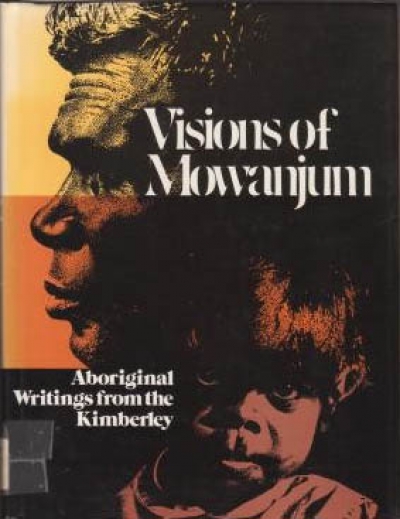Australian Literary Studies
The Australian Short Story Before Lawson edited by Cecil Hadgraft
Transgressions edited by Don Anderson & The Australian Short Story by Laurie Hergenhan
Visions of Mowanjum: Aboriginal Writings from the Kimberley by Daisy Utemomorrah et al; Maisie McKenzie
‘Go, little book,’ or the book as emissary, is not the simple matter that it once was.
Australian books and their authors now go to most European and Asian countries on diplomatic duties.
The purpose is neither to broaden the writers’ lives nor to sell books abroad, but to supplement the Government’s other diplomatic initiatives.
... (read more)While the reading of a book has become a solitary matter, its interpretation remains a convivial task which must be performed anew for each new reader, new age, and new country. The business of criticism is to help us in this task, and from a multitude of judgements to further our understanding of an author’s words for our time. The critic is therefore involved not only with books, but through them with the cultural problems of his society. Critical debates thus become debates about major social issues.
... (read more)


